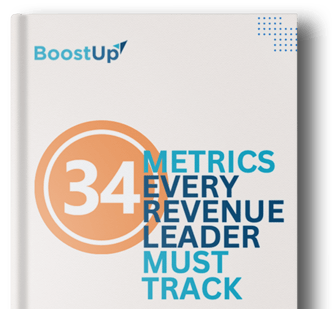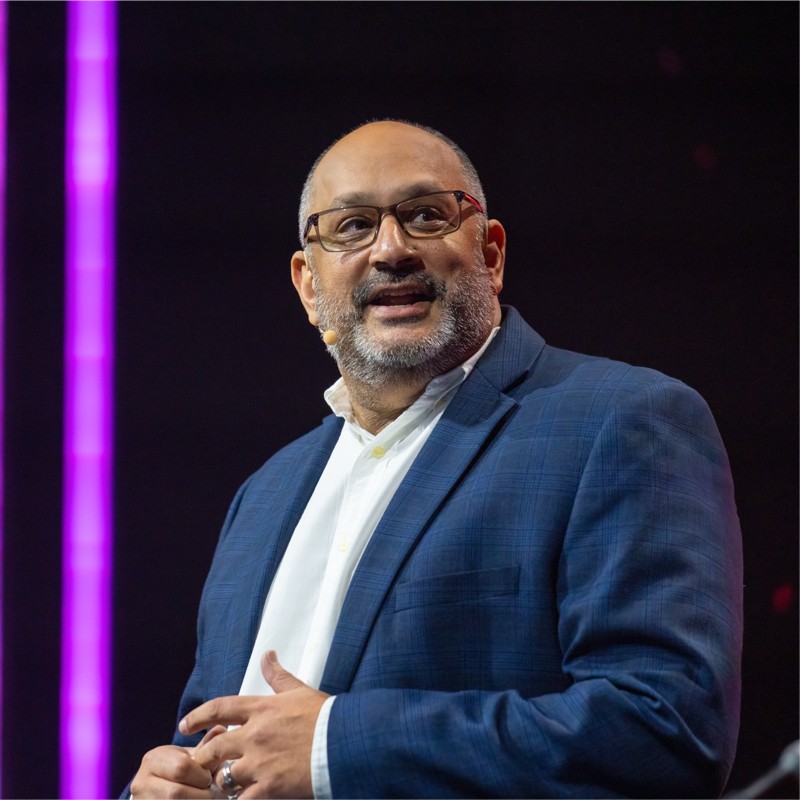“The product and sales reps can cover for each other’s shortcomings”
{color=#FFFFFF, opacity=100, rgba=rgba(255, 255, 255, 1), rgb=rgb(255, 255, 255), hex=#FFFFFF, css=#FFFFFF}
From the data that Spencer analyzed, it is evident that a prospect will choose to buy if they believe the product is great and satisfies their needs, even if the sales rep is not that good at selling it. The other side of this also holds - even if the buyer is not that convinced by the product itself, a good sales rep can still make that sale by instilling a feeling of trust and confidence in the prospect which makes them want to work with your company.











